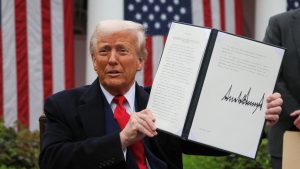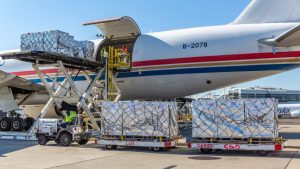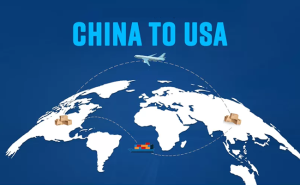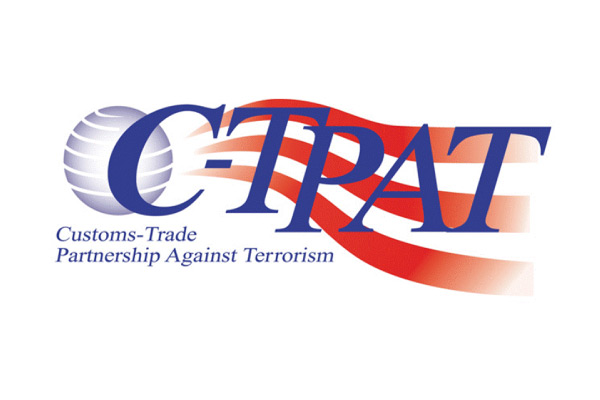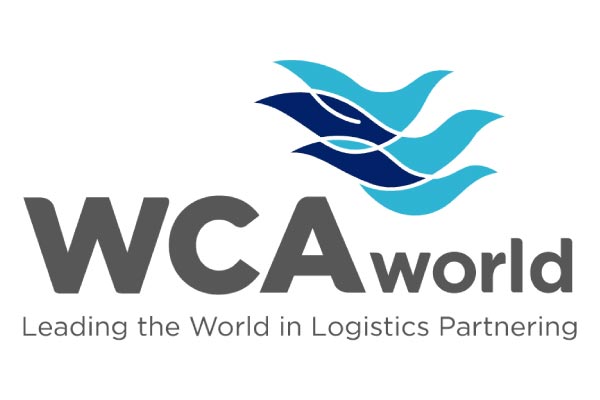The freight transportation industry is known for its sensitivity to political changes, and the US presidential elections are no exception.
For companies and carriers involved in trade between the US and allied countries, the consequences of these elections pose both challenges and opportunities.
As new policies are introduced and old ones are revised, the dynamics of cross-border trade between the US and Mexico may change significantly.
These changes can affect everything from freight rates and volumes to international trade agreements. With the November national election looming, understanding the potential changes is crucial for businesses and carriers to navigate the post-election landscape effectively.
The United States-Mexico-Canada Agreement (USMCA) is a critical free trade agreement that significantly affects the freight transportation industry, particularly for companies and carriers operating across North American borders.

Presidential elections may prompt reevaluation or renegotiation of these agreements. For example, the 2020 election spurred discussions about refining certain provisions of the USMCA to better address labor and environmental standards. Changes to the USMCA (USMCA) could have far-reaching implications for trade between the United States and Mexico, influencing cargo volumes, costs and compliance requirements. Adjustments to the terms of trade, tariffs, and regulations under the USMCA can directly impact operational efficiency and cost structure for companies.
The impact of new tariffs
Applying new tariffs is a common strategy used by administrations to protect domestic industries or retaliate against unfair trade practices.
After the 2016 election, the introduction of tariffs on Chinese goods and subsequent retaliatory tariffs had a cascading effect on trade between the United States and Mexico, causing a 6% increase in freight costs for goods. affected.
The freight transport sector must remain alert and adapt to the new tariffs introduced by the government.
These tariffs can increase the cost of importing goods, affecting industries that rely on foreign components or finished products.



